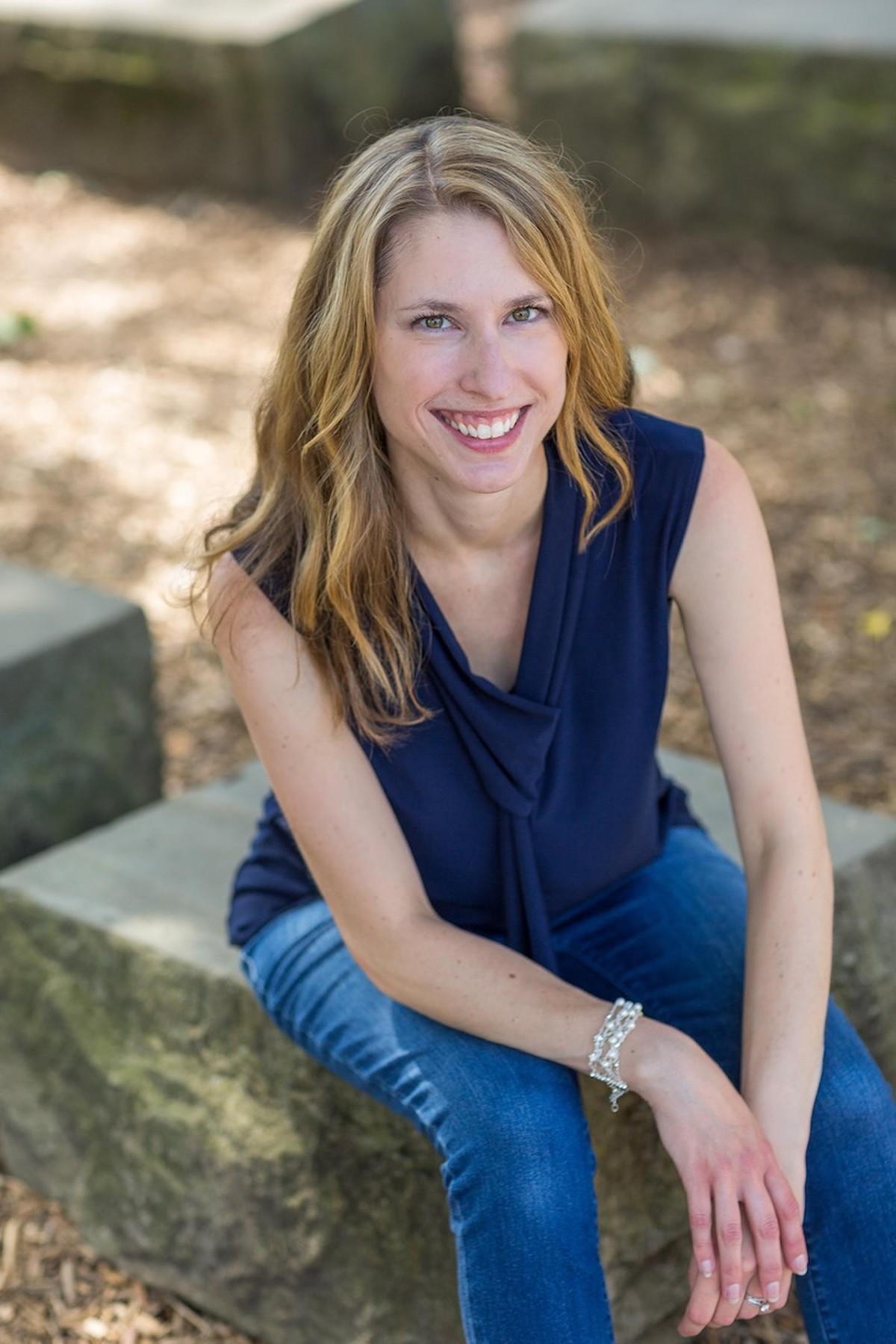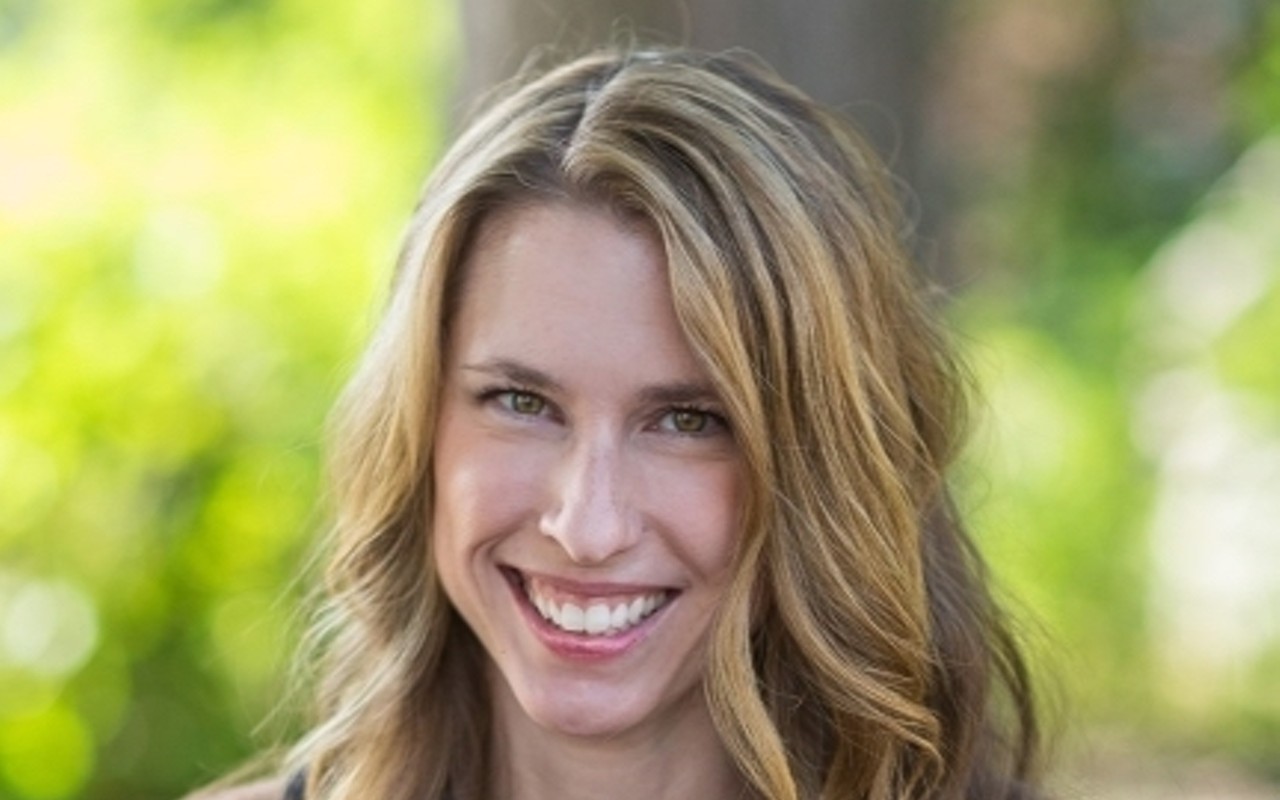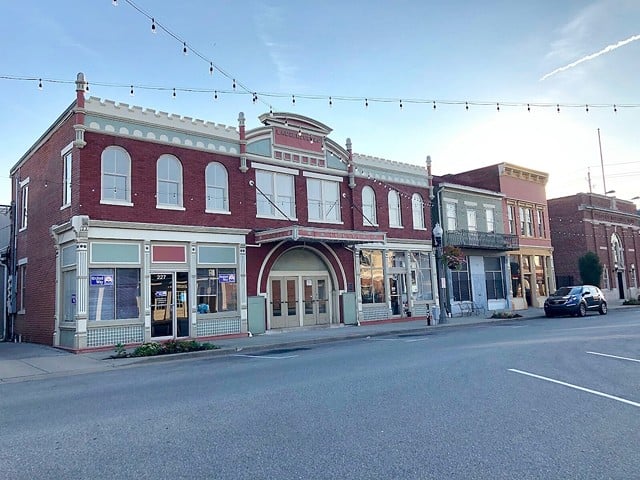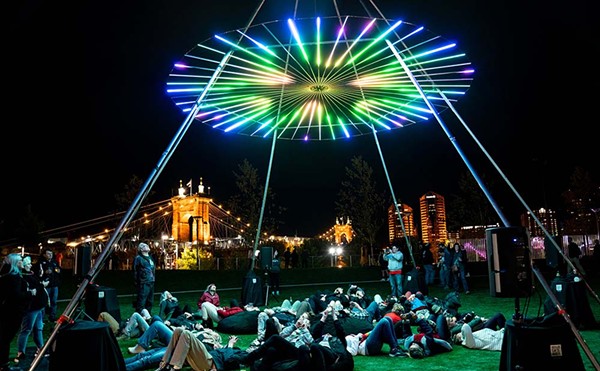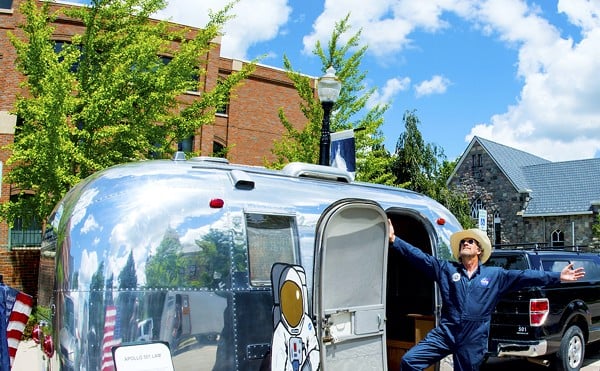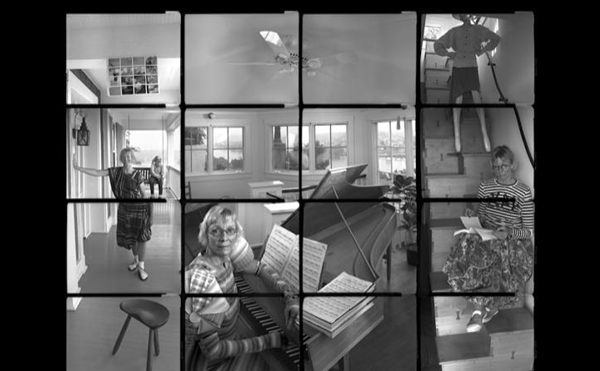This story is featured in CityBeat's Dec. 13 print edition.
How much would you risk in order to protect someone? What if the stakes were life and death — and what if that person were a stranger? Jessica Strawser poses these questions and more in her latest novel, The Last Caretaker, which was released this month by Lake Union Publishing. This harrowing tale follows a woman who finds herself swept up in a web of secrecy and survival when she takes a job as resident caretaker of a secluded nature preserve.
The fictional grounds of Grove Farm Nature Reserve are idyllic in many ways. The environment is serene, and it’s the perfect place for a person to relax and maybe even heal. That’s exactly why Katie, Strawser’s heroine, comes to Grove. She needs a fresh start. And Grove needs a new caretaker, according to her best friend and Grove employee, Bess.
There’s something almost certainly amiss about the property, though. When Katie moves into the on-site residence, she learns that the previous caretaker, Grace, had left her post abruptly and without explanation. Subtle clues throughout the house point to a hasty, or perhaps unplanned, exit. Then, late one night, Katie wakes up to find a terrified, injured woman at her door who is seeking “instructions” from the caretaker. Katie is clueless about the information she needs. But soon she learns that the property she now calls home has been functioning as a safe haven for survivors of domestic violence and abuse. It’s part of an underground network that helps women escape their homes, relocate and establish new identities.
The network and all involved operate with extreme secrecy. Grove employees, including Bess, don’t know of its existence. Contacts within the network don’t even know one another’s real names. As Katie uncovers clues and deepens her involvement, she begins to realize the high level of risk of being the new caretaker, and all the while, she’s haunted by a question that grows more and more urgent: What exactly happened to Grace?
The novel was released officially on Dec. 1 but enjoyed an early digital release in November. It was selected by Amazon editors as an Amazon First Reads pick and was made available in Kindle format. It has since become a No. 1 bestseller in “Women’s Friendship Fiction” and “Marriage & Divorce Fiction” on Amazon. It topped the Kindle Store charts at number eight upon its release.
Like Strawser’s previous novels, The Last Caretaker strikes a balance between suspense and human drama as it centers women’s stories in realistic contemporary settings. Bestselling authors like Mary Kubica (Just the Nicest Couple) and Rochelle B. Weinstein (This Is Not How It Ends) have praised the novel as “a relevant, harrowing mystery with page-turning suspense” (Kubica) and “a powerful read from start to finish, thought-provoking, and unputdownable” (Weinstein). Lisa Barr (Woman on Fire) called the story “a dark, winding journey that forces the protagonist to grapple with how far she would go to do the right thing, and at what price.”
In a conversation with CityBeat, Strawser says inspiration for The Last Caretaker struck while she was hiking through Long Branch Farm & Trails in Goshen, Ohio. A resident caretaker lives on site, much like the fictional setting of the novel, and she wondered what that role could be like. The secluded nature of the residence initially brought about questions of safety (a concern that’s unique to women, she says). But then she considered a different perspective.
“What if, instead of wondering, ‘Am I safe out here? Is this a false sense of security?’ you were thinking, ‘I am the master of my own domain. I can make my own rules,’” Strawser said. “What if you used [the house] to protect people who feel vulnerable?”
Strawser says she also pulled inspiration from experiences she had after her 2018 novel Not That I Could Tell was released. The topic of domestic violence plays a key role in the story, and in settings like book clubs and public readings about the book, personal conversations around the topic unfolded.
“I sat in a book club meeting in an affluent neighborhood very close to my own home where a group of women described to me how they had hidden one of their own book club members from her abusive ex-husband years before, in the house that I was in,” said Strawser. “I’ve walked into libraries and been pulled aside by the librarian who said, ‘I’m so sorry, I can’t lead this book club discussion. My therapist recommends against it.’ I’ve had all these encounters that have really just been touching, from the respect that it’s amazing to see how people show up for each other.”
She continued, “Some of the stories were really brave. To sit with a group of women who were smiling and crying, but also kind of laughing, about how they bonded together and helped one of their own members overcome the situation was amazing.”
The Last Caretaker carries echoes of those experiences, though the story and its characters are entirely fictional. Still, the realism of the novel’s premise is ever-present. Grassroots networks that enable women to escape the dangers of an abusive relationship do exist, and, by design, they’re shrouded in mystery.
“They’re often called whisper networks — women will whisper to each other that there’s danger. I do know that they exist, and I did not attempt to find out how many of them there actually are. That just seemed irresponsible,” Strawser explained. “But because nobody knows how they work, that gave me some creative license to dream up who would be involved and to come up with this ensemble cast of characters.”
Indeed, The Last Caretaker introduces a number of people who are part of the network. Each one of them has a different reason for taking on the risks of being involved, and each of them has a profound personal story that motivates them — except for Katie.
“Her only reason is just being in the right place at the right time, or the wrong place at the wrong time, depending on how you look at it,” Strawser said. “I thought that raised an interesting question for her but also for me as the writer and hopefully the reader: Does anybody really need a reason other than knowing that somebody needs help?”
That question sets the stage for a riveting, heroic story about a woman who must rise to the occasion to do the right thing.
The Last Caretaker is available now in print and digital form. You can learn more about Strawser and her work at jessicastrawser.com.
Follow us: Apple News | Google News | NewsBreak | Reddit | Instagram | Facebook | Twitter | Or sign up for our RSS Feed

